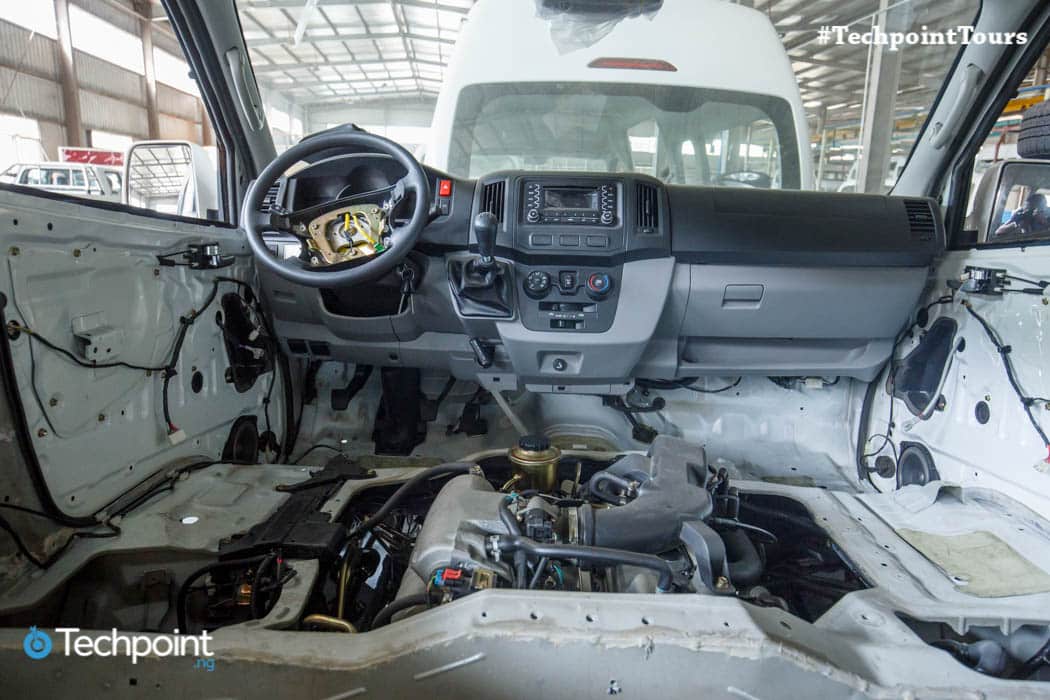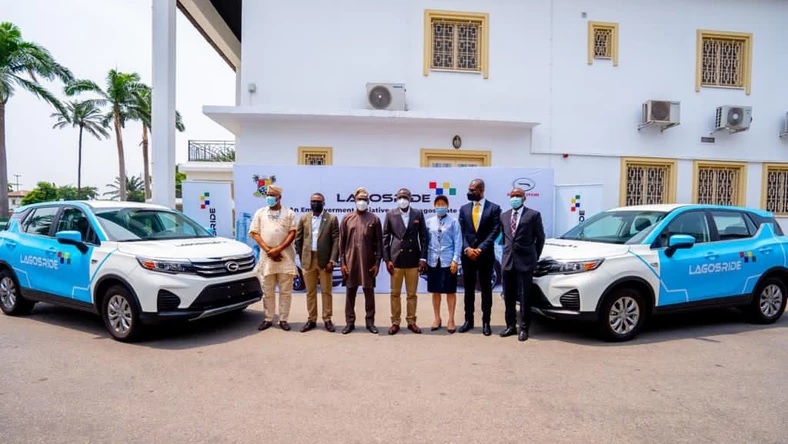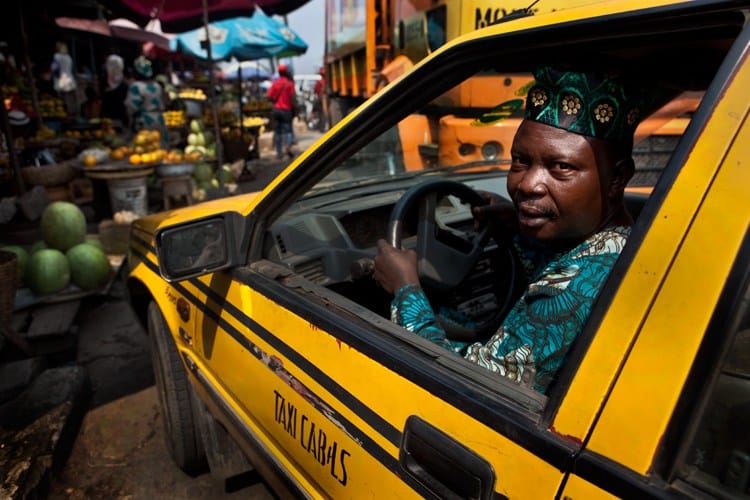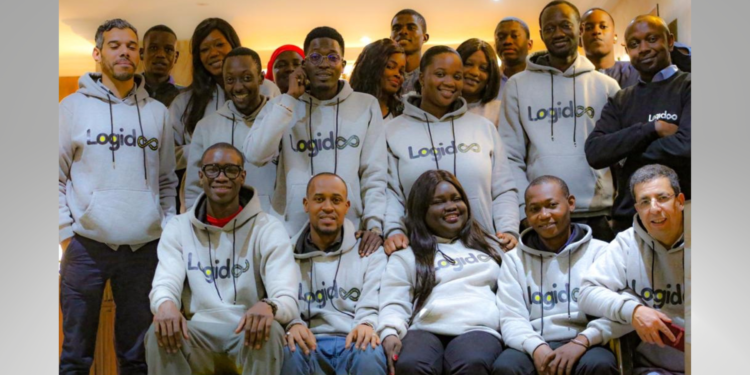The Lagos State Government has announced the launch of Lagos Ride, a ride-hailing service in Lagos, Nigeria. It has also set up a joint venture agreement with CIG Motor Co. Limited to set a vehicle assembly plant.
According to a statement by the Lagos state governor, Babajide Sanwo-Olu, Lagos Ride will deploy 1,000 units of brand new Sport Utility Vehicles (SUVs) within the Lagos metropolis. For him, the new scheme is targeted at improving mobility and creating a multi-modal transportation system for Lagosians.
“The scheme is in fulfilment of our desire to give residents better transportation choices. The modern ride service is one of the State Government’s socio-economic intervention programmes, which will be professionally managed in line with global best practices,” he said.
The branded SUVs the Lagos government is unveiling typically cost upwards of ₦10 million ($26,000) in Nigeria, but the governor revealed that the Cooperative Society in the Lagos Ministry of Wealth Creation will give drivers the room to pay monthly instalments for a period of four years.
At the end of this period, the drivers will be able to fully own the cars.
The government states that this project will fully take off in the next six months.
This move represents yet another ride-hailing initiative with close ties to the state government.
The background
In March 2020, two entrepreneurs, Nathaniel Gideon and Segun Cole founded Ekocab, a ride-hailing service that looked to rival Uber and Bolt, in partnership with the Lagos state government.
The timing of the launch coincided with the period when people were still feeling the effects of the Lagos Okada ban, and there was fresh regulatory attention on ride-hailing powerhouses, Uber and Bolt.
Angry reactions and controversy trailed the launch, and the app was greeted with harsh reviews on the Google Play Store.
In December 2020, another ride-hailing company, UNIVASA, launched to partner with yellow taxis, raising even more questions about the fate of Ekocab. At the time, Ekocab CEO gave assurances that all was well and stated that the company planned to launch a vehicle financing scheme in partnership with banks.
While it is not clear how more cars and SUVs will ease transportation in Lagos, the Lagos commissioner for transportation had already revealed plans for alternative means of transportation like boats, buses, and an intra-state railway system.
The vehicle assembly partnership

The Lagos state government also says it will be partnering with CIG Motors Ltd, a Chinese vehicle manufacturer, to set up a vehicle assembly plant.
Our search reveals that CIG Motors, which launched in 2014, does not really assemble vehicles, but it handles the distribution network for Guangzhou Automobile Group Co. Ltd (GAC motors) in Guangzhou, China.
The company is currently powering the launch of Lagos Ride, as the 1,000 vehicles reportedly unveiled carry the GAC logo.
While the terms of the deal are not clear, it is important to note that Nigeria already has indigenous companies engaging in vehicle assembly. Notable among them are Innoson Vehicle Manufacturing and Jet Motor Company.
As we explored in this article, vehicle manufacturing in Nigeria is in much need of government support through policies and introducing vehicle financing schemes.
Will Nigeria reap the rewards of initiatives like this? Do we need 1,000 more cars to serve 21 million people in Lagos, Nigeria? These are some talking points we will explore in the coming weeks.












